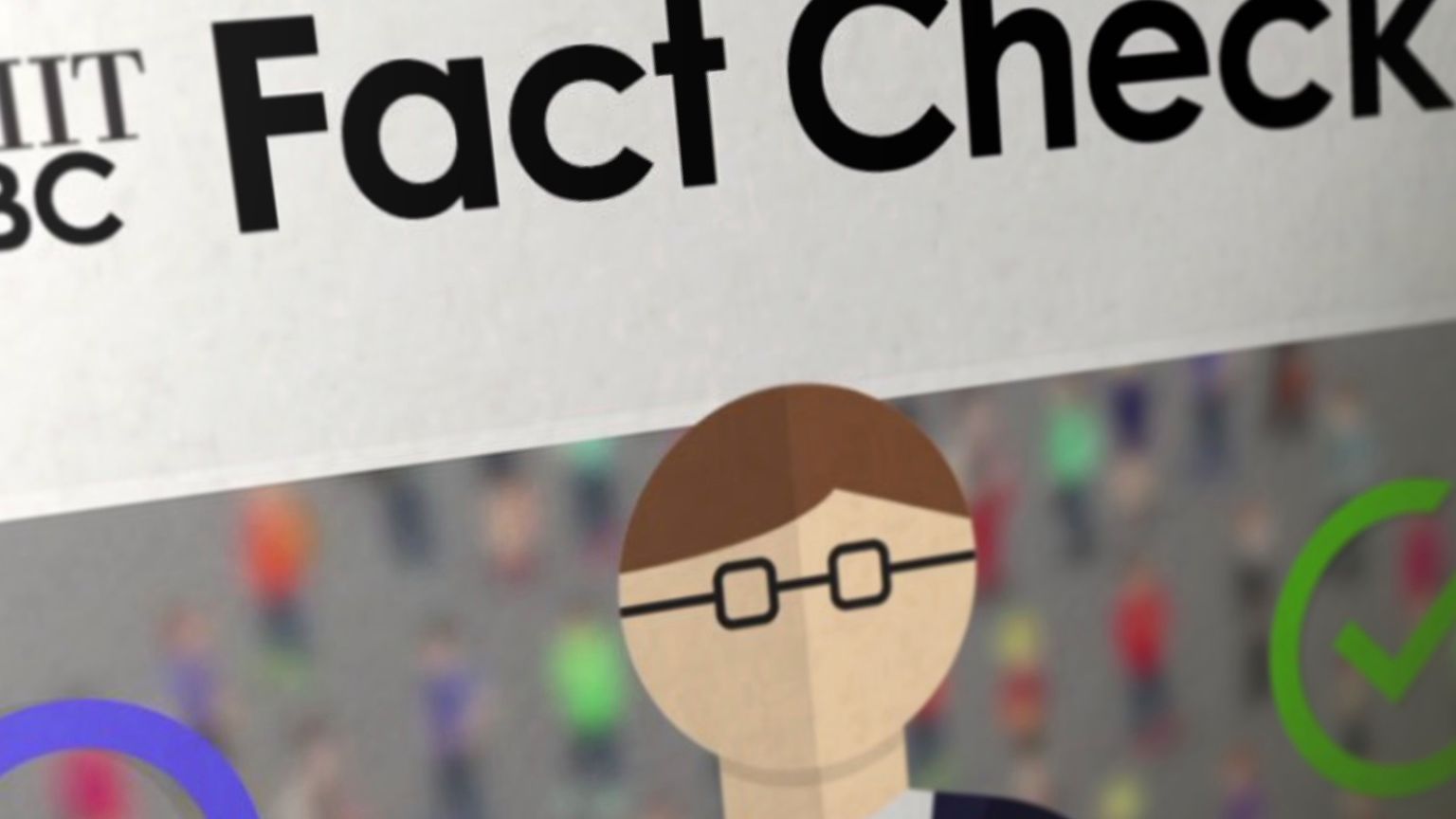The “fact-checking industry” as some call it has produced yet another controversy, this one concerning Australia’s upcoming referendum.
Following our report earlier this month about how Meta was paying an “independent” fact checker, and the subsequent followup from Sky News in Australia, the attention on the relationship between the RMIT fact checker and Meta, has made a significant development.
RMIT University’s RMIT FactLab has been suspended – at least temporarily – by Meta amid accusations that it was involved in censoring dissenting voices in the Australian media.
This is happening in the context of the Australian Indigenous Voice referendum to change the country’s constitution in order to set up a body that would be called the Aboriginal and Torres Strait Islander Voice.
But a democratic debate ahead of the vote has been disrupted by RMIT’s actions, say a number of “no” campaigners as well as some conservative media in Australia.
Previously, reports said that the university allegedly had a $740,000 annual contract with an Ireland-based Meta subsidiary.
In confirming the temporary suspension of RMIT FactLab as a “fact-checking” partner, Meta cited accusations coming from Voice referendum opponents, but a spokesman also said that RMIT was not properly accredited with the Poynter’s International Fact-Checking Network (IFCN).
“The International Fact-Checking Network (IFCN) requires participating organizations to demonstrate a commitment to nonpartisanship and fairness. The IFCN will determine whether RMIT FactLab’s expired certification should be reinstated,” the Meta spokesperson said.
“Considering both the nature of the allegations against RMIT and the upcoming referendum, we have decided to suspend RMIT from our fact-checking program pending the IFCN’s decision.”
And Meta has made IFCN’s “blessing” a requirement for a third-party to become one of its “fact-checking” partners.
And now, not only is the tech giant outsourcing “fact-checking” – it is also leaving it to IFCN to decide whether RMIT FactLab should have its certification – which has expired – reinstated, as well as whether the group, accused of being activistic, is indeed “nonpartisan and fair” while flagging content as false.
Meta will wait for IFCN to issue its “ruling” and then decide whether RMIT will be allowed back. In the meanwhile, and unsurprisingly, IFCN seems to have already cleared the “fact-checker” as being nonpartisan and fair; what’s left is for the group to, as expected, renew the certification, and RMIT should be back in business on Meta’s platforms.
At the same time, RMIT claims that it is a bona fide “misinformation and disinformation” warrior, but not one involved in censorship or removal of information (they “just” flag it). And, they won’t (their words) “rig the referendum” – those behind RMIT promised this back in May.
But Senator James Paterson was one of those who complained to Meta, stating in a letter that RMIT was getting in the way of people’s right to “reasonably disagree and not be restricted, as well as that a foreign-headquartered private company “might be interfering with the free speech of Australians.”













